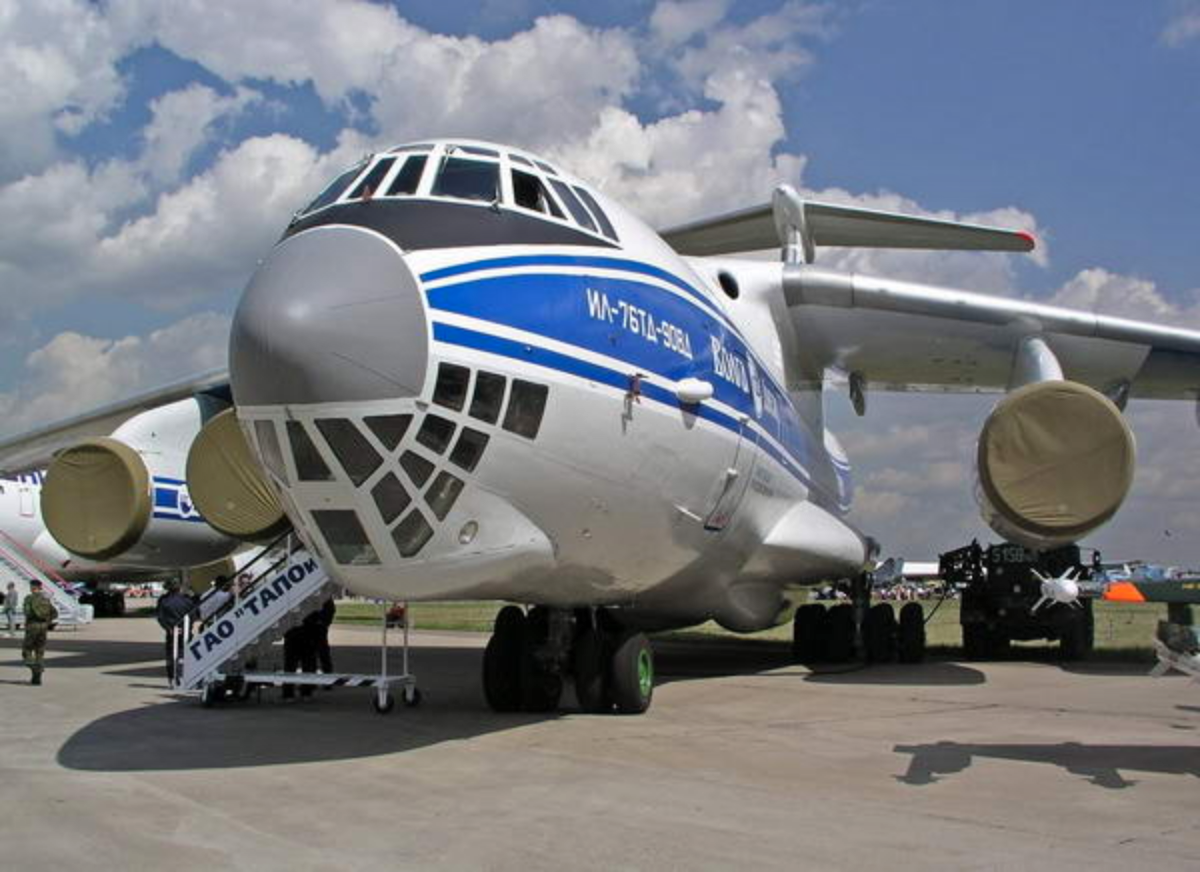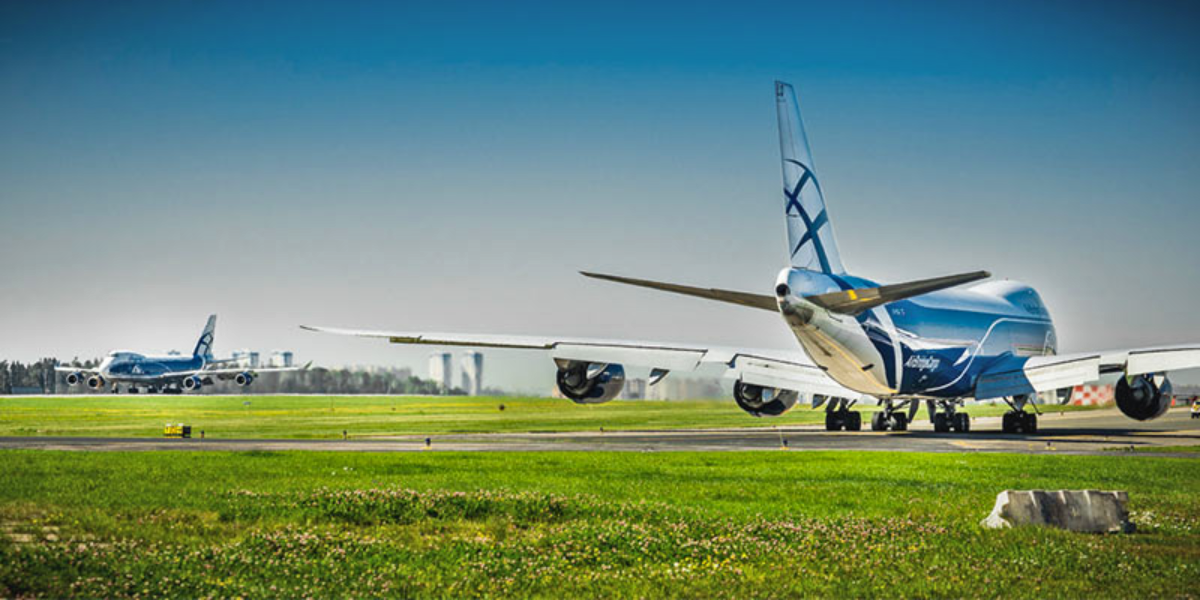Sanctions against Russia are further squeezing already tight air cargo capacity, sending rates skywards. With Russian airspace off-limits to many carriers and many other nations banning Russian airlines from their airspace, the global air cargo market is under increasing pressure.
A small but critical slice of the global cargo market
While around only 3% of the world's cargo travels by air, that small slice of the market is worth around 35% of total global trade. Air cargo is valuable and frequently time-sensitive. Before the Ukraine conflict, ongoing reduced cargo capacity due to COVID-19 saw cargo rates rise. The Ukraine conflict takes further cargo capacity out of the market.
A couple of factors are at play here. Russia has banned EU and UK carriers from using its airspace. Many carriers based in other nations have also elected not to use Russian airspace. This doesn't just impact air cargo scheduled to fly in and out of Russia; it impacts air cargo overflying Russia.
There is normally a lot of long-haul flying between Europe and Asia that traverses Russian airspace. The route is the shortest and most cost-effective way to fly between the two continents. Cargo load factors on those flights before the conflict averaged over 90%. Lufthansa, Air France-KLM, Finnair, and Virgin Atlantic have already canceled cargo services to North Asia because they are locked out of Russian airspace. At the time of publication, Asian and Middle East airlines could still use Russian airspace.
Ukraine and Russia are major players in the air cargo market, and not just because their locations put them on the most direct flight routes from Asia to Europe. 🧵👇
— Ryan Petersen (@typesfast) February 26, 2022
Russian carriers are big players in the air cargo market
Another critical issue impact air cargo is the ban on Russian airlines flying in the airspace of other jurisdictions. The EU, Canada, Estonia, Latvia, Lithuania, Slovenia, the UK, Czech Republic, Bulgaria, and Poland have all banned Russian aircraft from their airspace. The US is also reportedly considering a ban.
Russian carriers are big players in the air cargo industry, particularly on sectors between that country and Europe. Russian airlines normally fly approximately 70% of the air cargo between Russia and the EU. Those same airlines are also usually responsible for flying around 20% of the global air cargo volume.
The two big Russian cargo airlines are Ulyanovsk-based Volga-Dnepr and Moscow-based AirBridgeCargo (ABC). Volga-Dnepr has 41 cargo aircraft in its fleet, including 12 Antonov An-124 super freighters. AirBridgeCargo Airlines has 17 Boeing 747 freighters. Most of Europe is now off-limits to those planes. They can still fly east to Asia and the US and down to South America and Africa. But if the US bites the bullet and bans Russian airlines, that will knock another big market out for those airlines and further reduce available air cargo capacity.
"Eastbound air freight rates Europe to China have soared," a Shanghai freight-forwarder told supply chain news outlet The Loadstar. "The market FAK (freight all kind) spot rate has increased dramatically, at a scale of €3.60 to $5/kg.
"Due to the airspace shut down in Russia, many European airlines would have to re-route flights, which would be definitely more expensive, with longer flying hours, higher fuel prices, and war risk. We can foresee it will be more difficult to get available aircraft going forward."
Further complicating matters for Russian airlines is the removal of many Russian banks from the SWIFT system. This potentially causes problems for those airlines regarding payment from international customers and paying international suppliers. It's another factor likely to put further upward pressure on air cargo rates.


